
When you're a new breastfeeding mother and struggling to keep up with your baby's demand for milk, it's normal to feel inadequate or desperate. You might even be tempted to switch over to formula. But before making any drastic changes, take a deep breath, show yourself some compassion, and know that there are more than a few home remedies you can try to increase your breast milk supply that have worked for many women, generation after generation. In fact, boosting the amount of breast milk you produce can be as simple as making some dietary changes—and a lot of them are quite tasty, too.
More from MamásLatinas: Celebrities who support breastfeeding
There are certain foods, herbs, and even beverages that can give you just the boost in breast milk supply that you need. That said, the most important thing to do when you're trying to increase your milk supply is to remove more milk from your breasts. Breast milk production is all about supply and demand, so if you don't remove enough milk, your body will think you're already producing enough and your supply won't change, no matter which remedies you try. So feed your baby and/or pump often, and then start thinking about incorporating some of these natural remedies.
Disclaimer: The advice on MamasLatinas.com is not a substitute for consultation with a medical professional or treatment for a specific condition. You should not use this information to diagnose or treat a health problem without consulting a qualified professional. Please contact your health care provider with questions and concerns.
Switch it up.

The only proven way to increase milk production is by stimulating the breasts often. Sometimes when your baby nurses for a short period of time and then stops, you might just figure that they are done, but try switching baby to your other breast and see if that gets them going again. Your baby might have stopped nursing on one breast because they weren't getting any more milk, but when you switch them to the other breast and they see there's more to be had, they go for it. This not only provides baby with more milk, it also helps stimulate your breasts to increase their production.
Have some chickpeas for lunch.
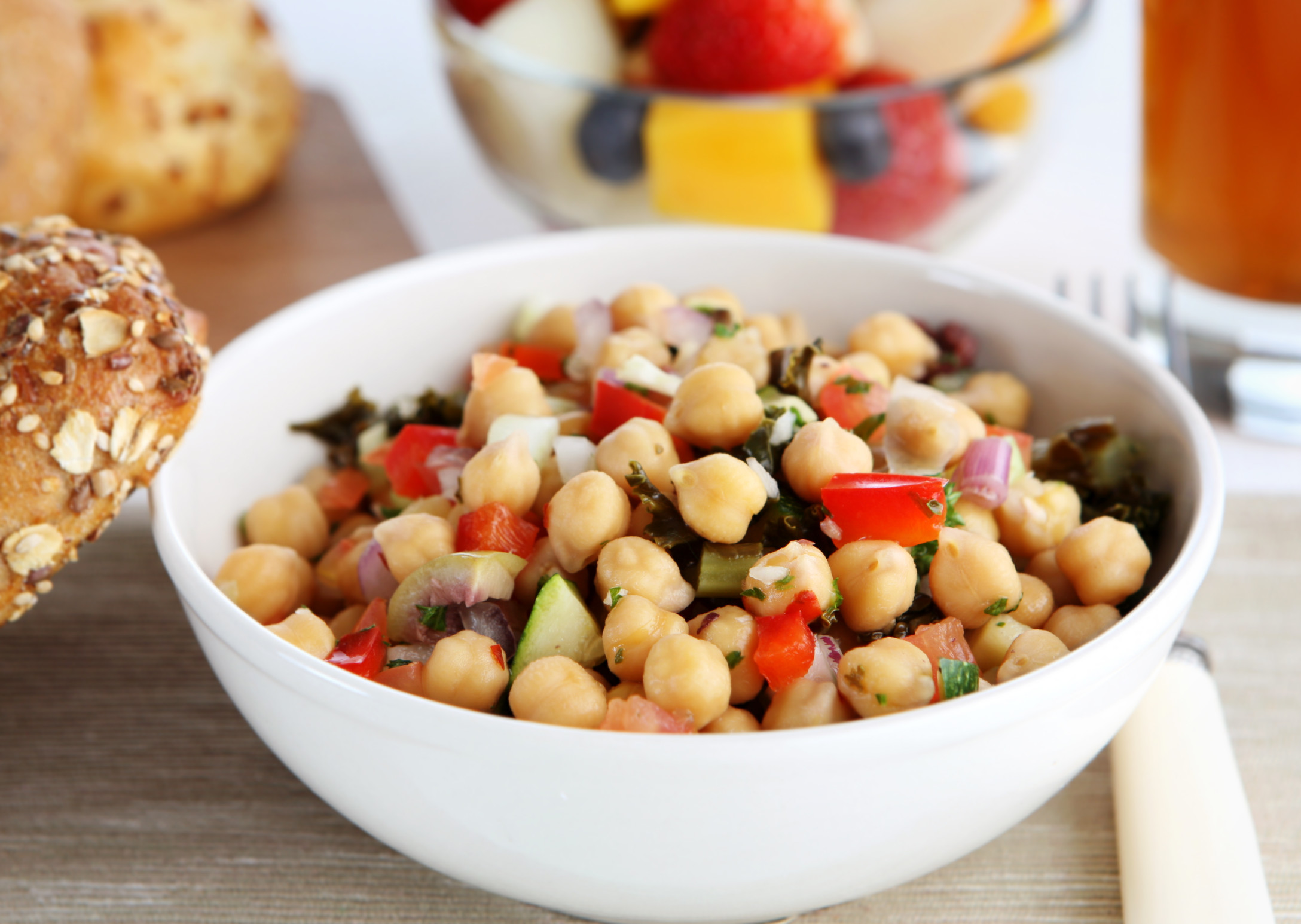
Women have eaten chickpeas to help boost breast milk supply since ancient Egyptian times. They are packed with protein and contain natural plant estrogens that can help keep your hormones in check. Make a big batch of chickpea salad and have it for lunch throughout the week, and you'll have a nutritious and filling meal at the ready that just might kick milk production into high gear.
Fenugreek can be taken in tablet or tea form.
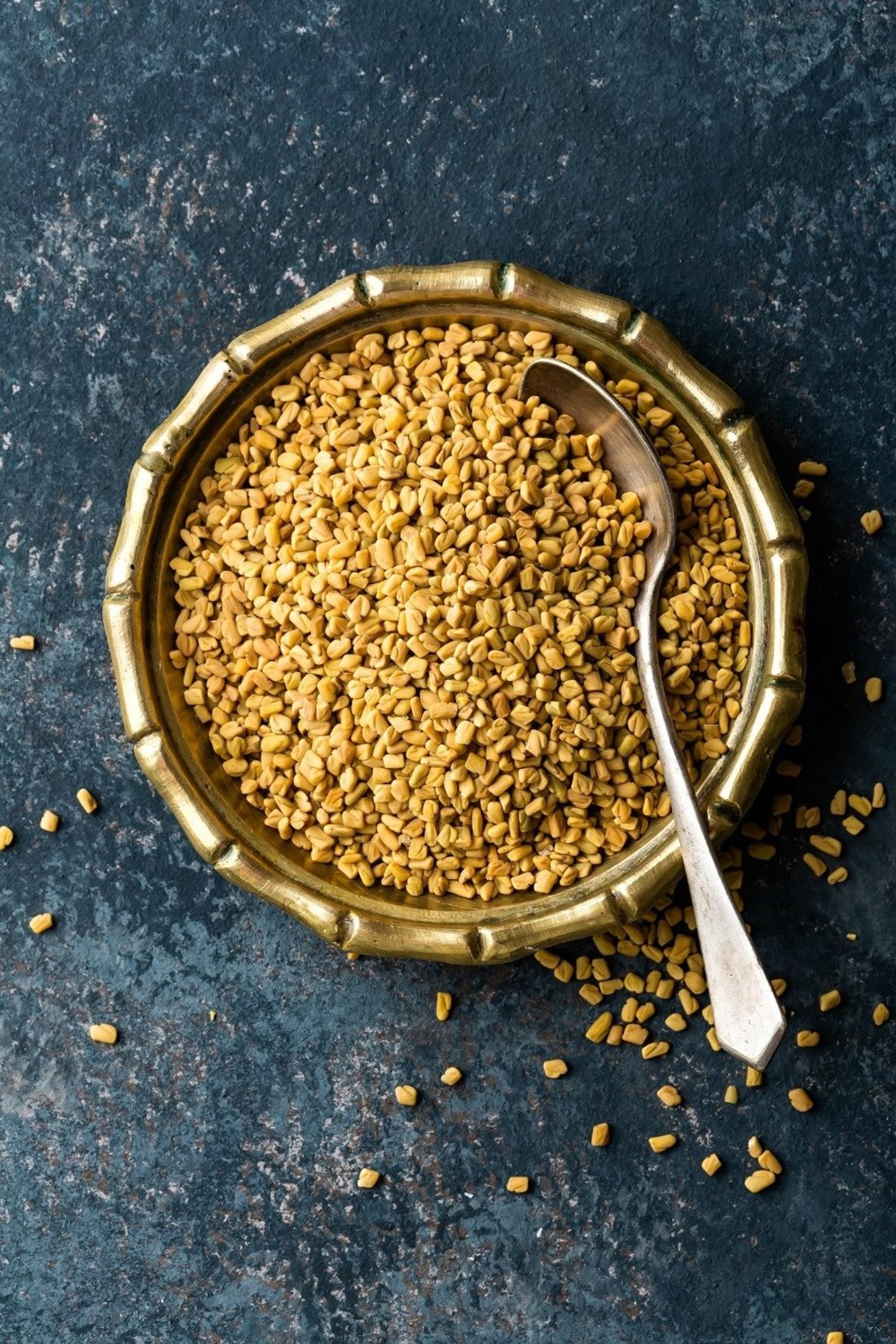
Fenugreek has long been the first suggestion many women hear when looking for advice on increasing breast milk supply. In fairly high dosages, it can be pretty effective, and it's readily available in both capsule and tea form. You may even be able to find it ground, which you can use to season food or add to smoothies. Just beware that if you're consuming enough of it to affect your milk supply, you might start to smell like maple syrup.
Anise is considered a star helper when it comes to increasing breast milk production.
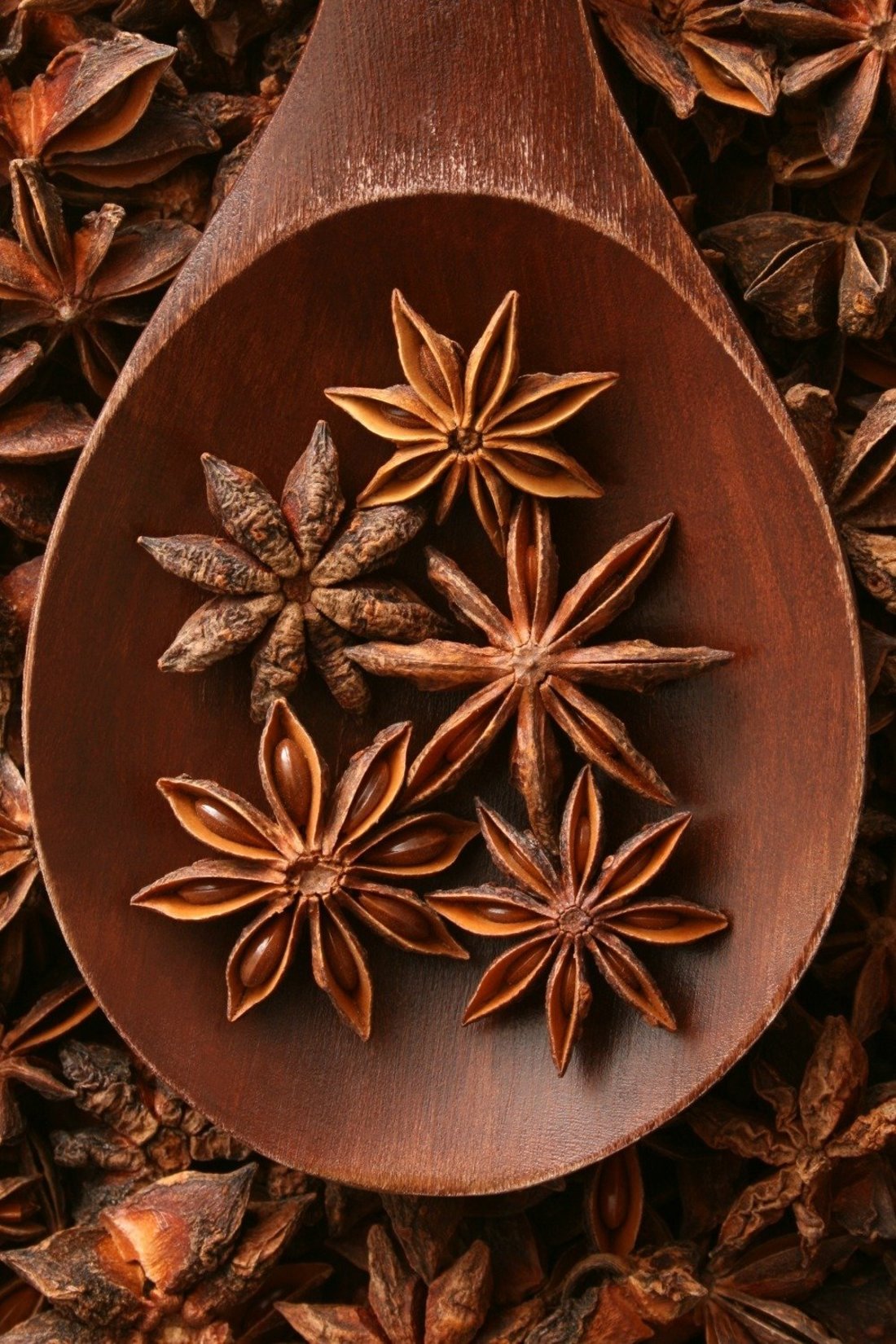
Anise seed is a common ingredient in Mother's Milk tea and most others like it. The high contents of thymol, terpineol, and anethole in anise seed are ideal for promoting breast milk production. But you can also incorporate ground anise into your diet as a seasoning in your food for an even tastier remedy.
Blessed thistle is believed to have many health benefits.
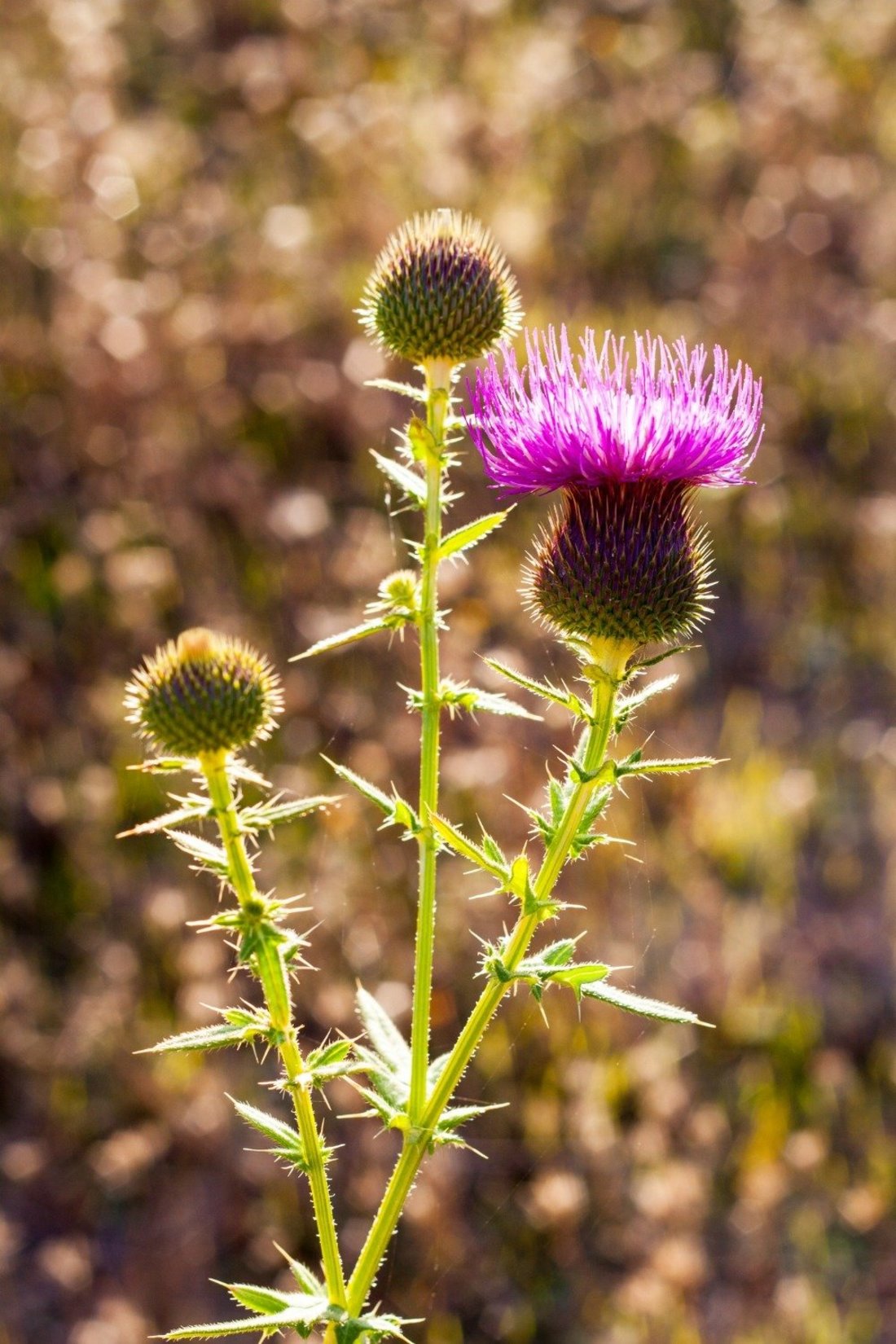
Blessed thistle has long been used to treat many health issues, including indigestion and skin and kidney problems. Nursing women have traditionally used blessed thistle in conjunction with other herbs, including fenugreek, to stimulate milk production. A strongly brewed tea is the most common way to use it, but capsules are also available.
Fennel seeds or fresh fennel are another option.
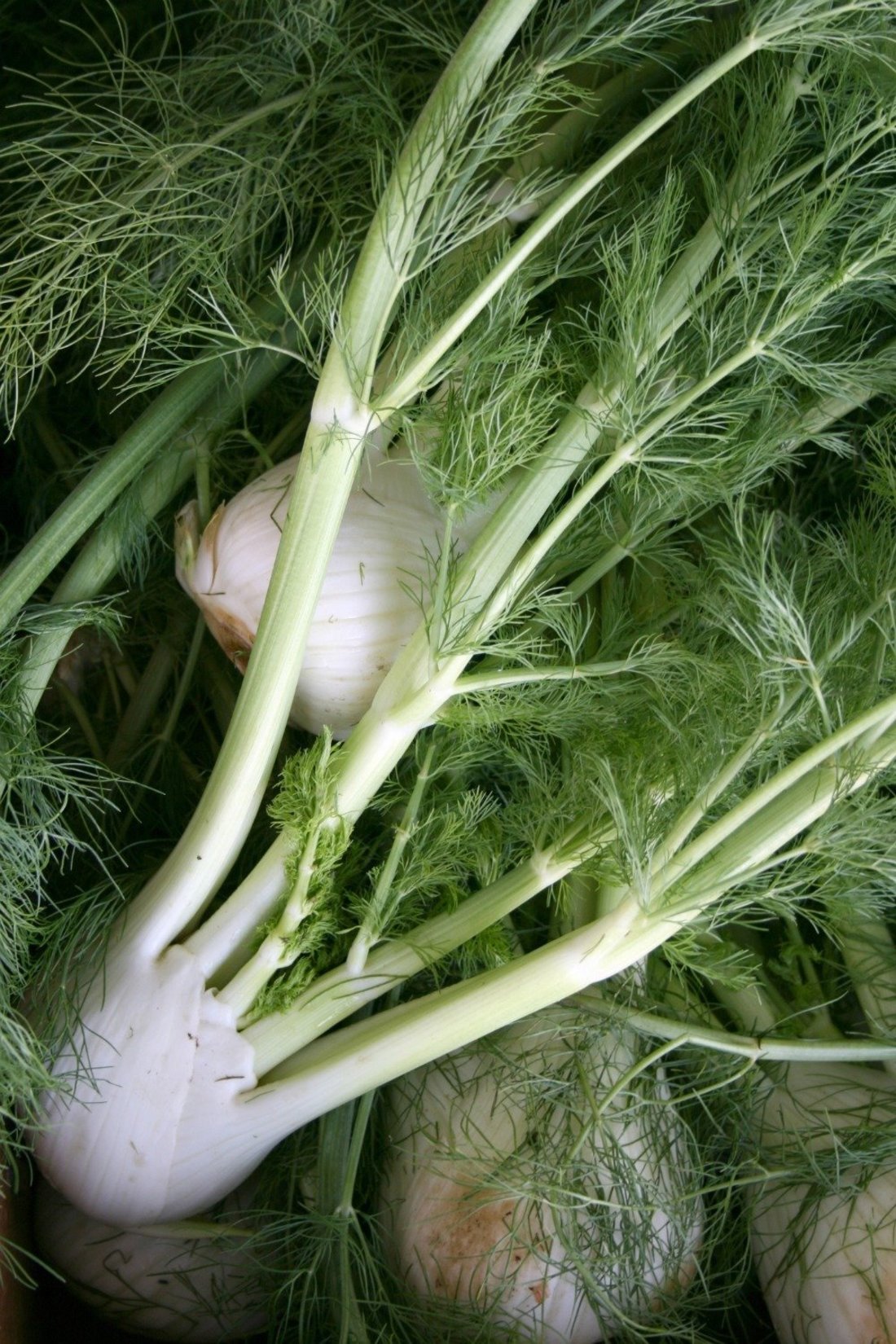
Fresh fennel and its seeds are another food that is often used to promote milk production. Usually you see it as part of the herbal blend used in milk-enhancing teas, but using the fresh bulb in food can also have an effect. I ate a fennel salad when my daughter was a newborn and noticed a difference in my supply within hours.
Pump after feedings.
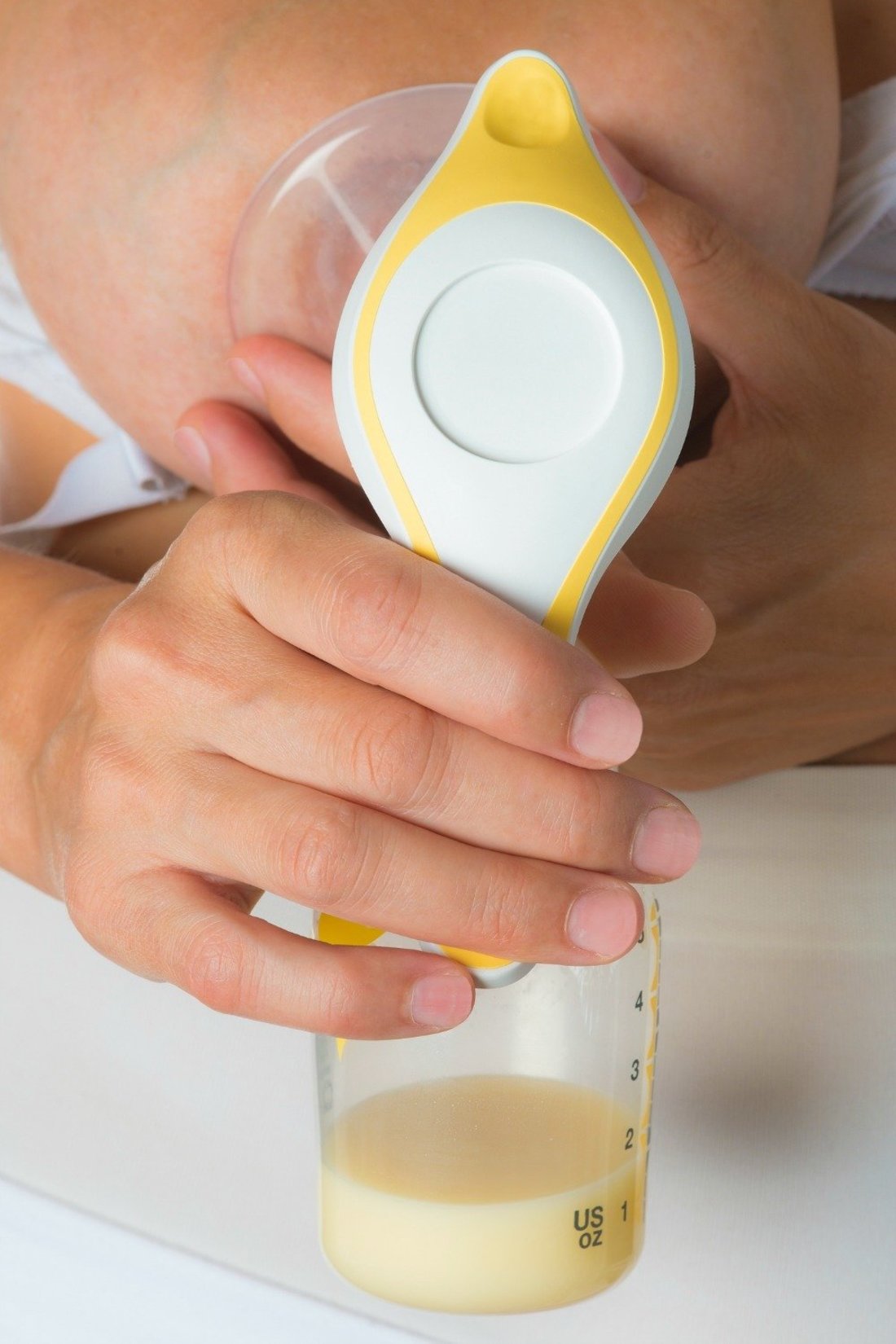
If you remove more milk, your body will know it needs to produce more milk. So when your baby is finished nursing, break out the breast pump and pump for a few more minutes on each side. Five to 10 minutes immediately after each daytime nursing session can increase your supply significantly within a few days.
Add cumin to your home-cooked meals.
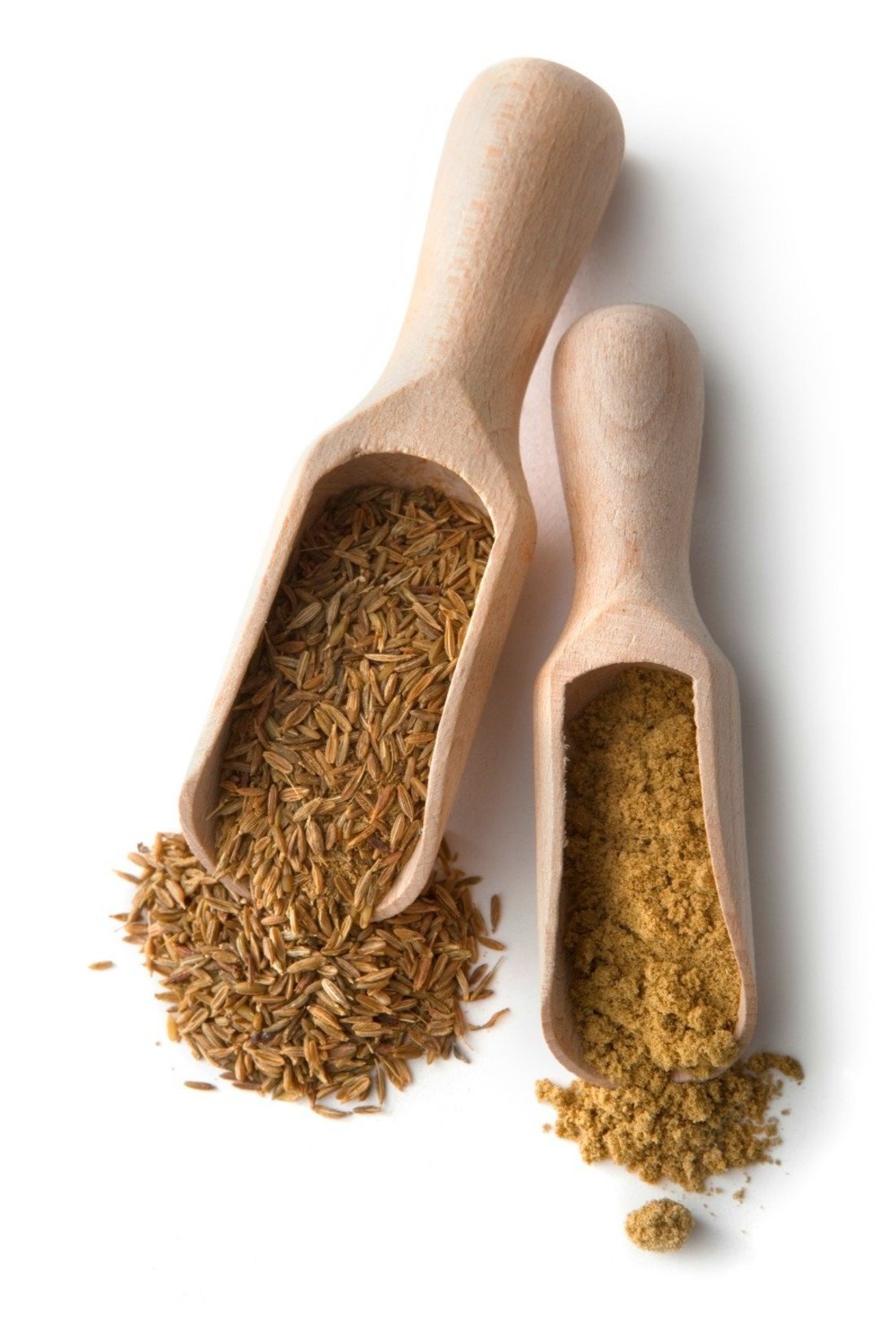
Cumin is not something you typically see in products marketed to breastfeeding moms, but your abuela may have told you about it. It's a common spice in Latin American cooking, and many old-school mamas have anecdotal stories about how it can increase milk supply. At worst, it's absolutely delicious in cooking, so it's worth a try.
Cinnamon can help with letdown.
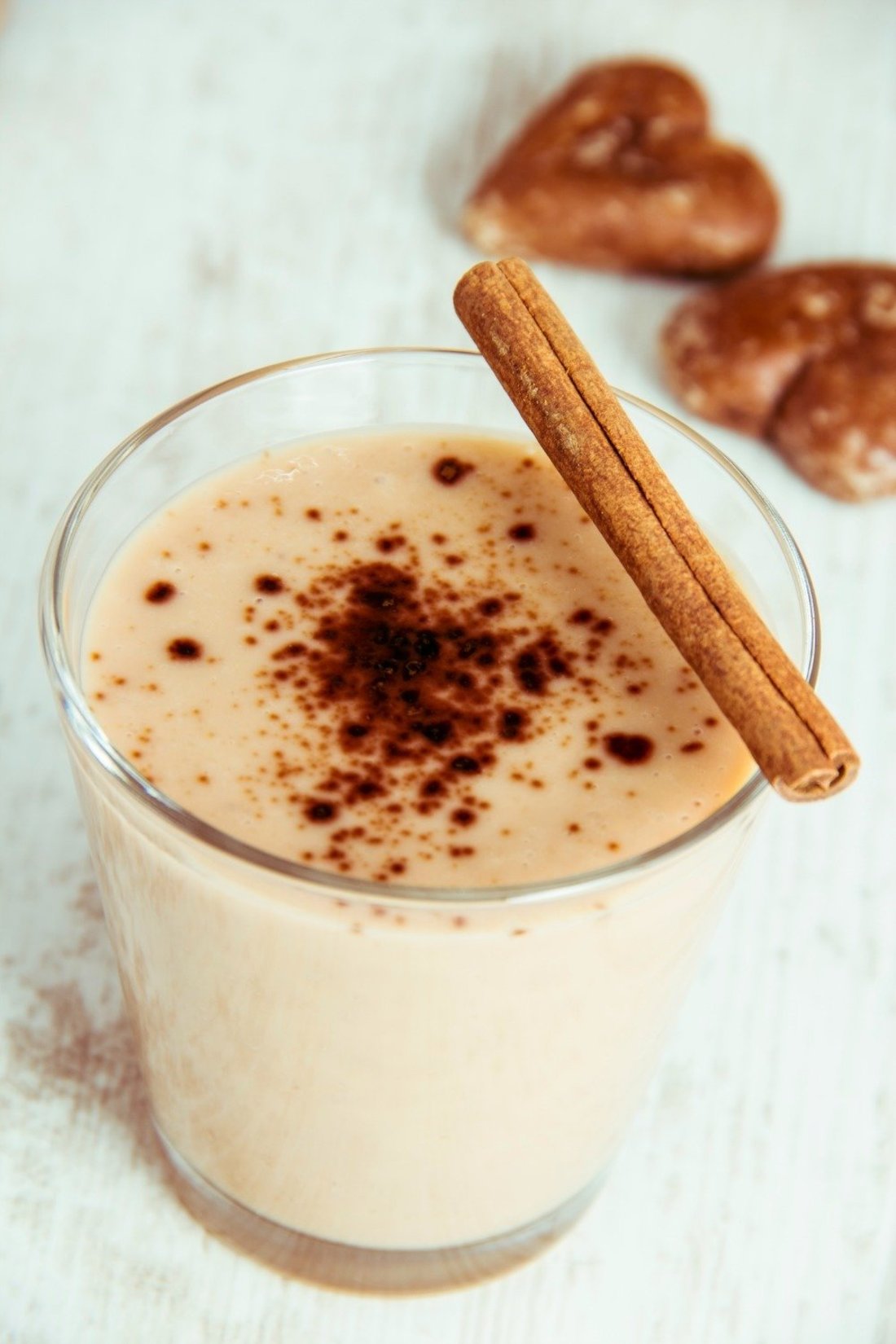
Cinnamon is known to have a slew of healthy benefits, including reducing inflammation, but it's also said to improve a mother's milk flow, which can make for a stronger letdown. A stronger letdown might encourage a slow nurser to become more efficient, which will help you produce more milk. Try a teaspoon mixed into a cup of warm milk.
Have a bowl of oatmeal for breakfast.
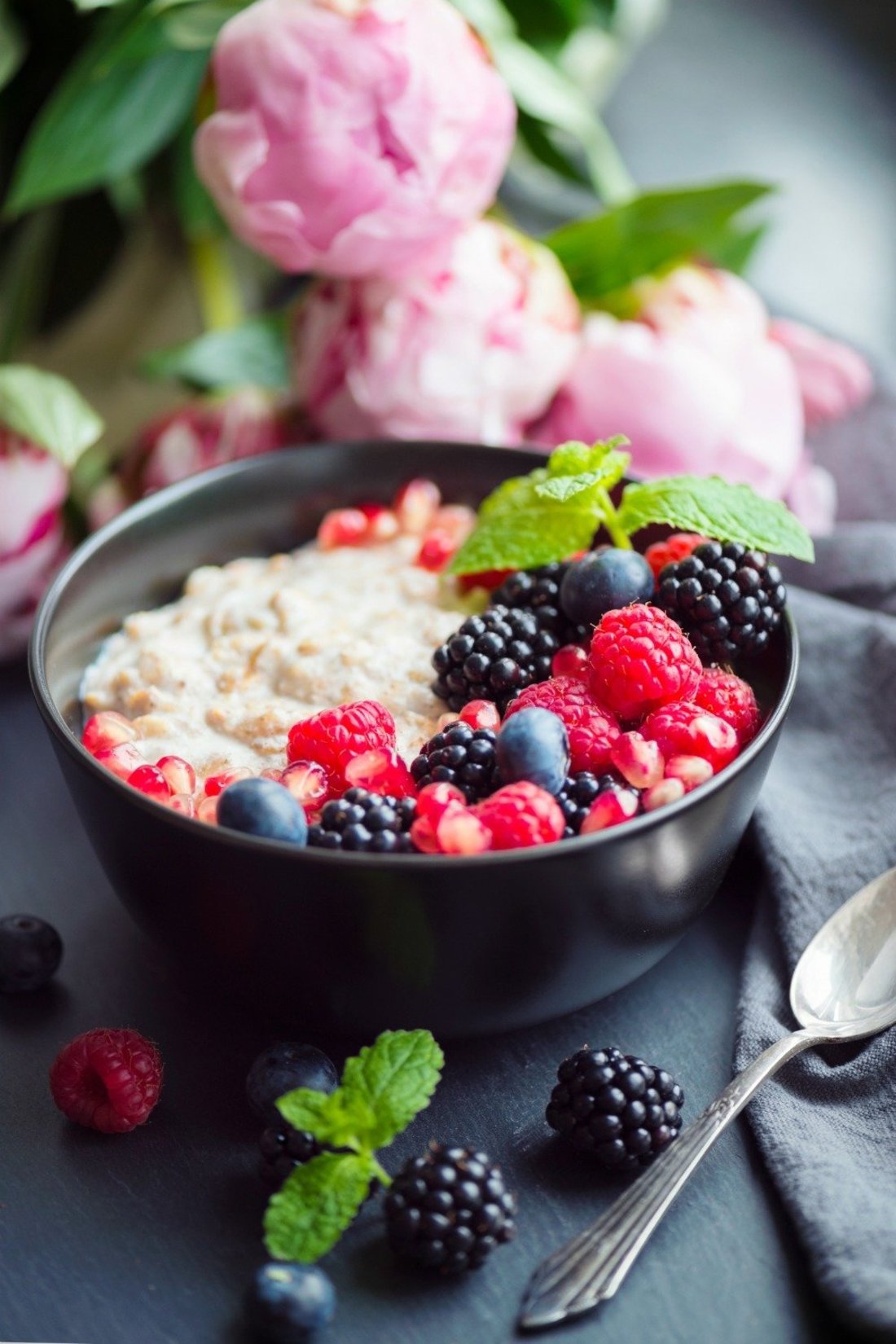
Oatmeal is right up there with fenugreek when it comes to how often it's recommended for increasing breast milk supply. That's because for many, many women, including myself, it works! A bowl of hot oatmeal a day or a couple lactation cookies made with lots of oats can really kick milk production into high gear. For a double whammy, pair it with cinnamon.
Get plenty of rest.

Breastfeeding is incredibly physically demanding. My primary care doctor likened it to running a marathon every day. That means your body needs time to rest and recover in order to perform optimally. Definitely difficult when you have a baby, but remember the laundry and dishes can wait.
Snack on a handful of almonds.
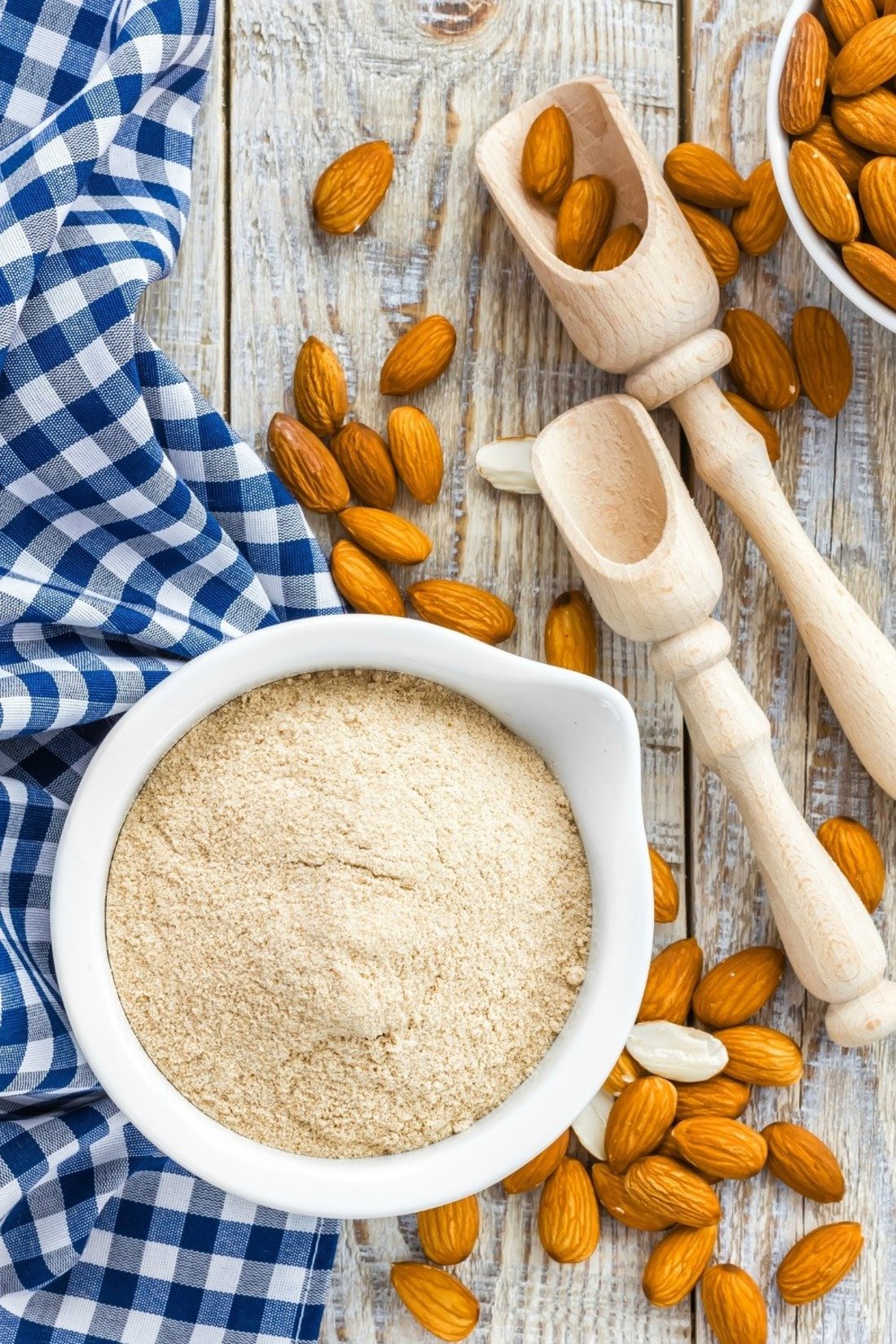
Almonds are chockfull of healthy fats, vitamins, and minerals and have a place in any nutritious diet. The high content of phytosterols in this nut can also aid breast milk production. Snacking on a handful of raw almonds or almond butter made from raw almonds daily may boost your supply.
Up your onion intake.
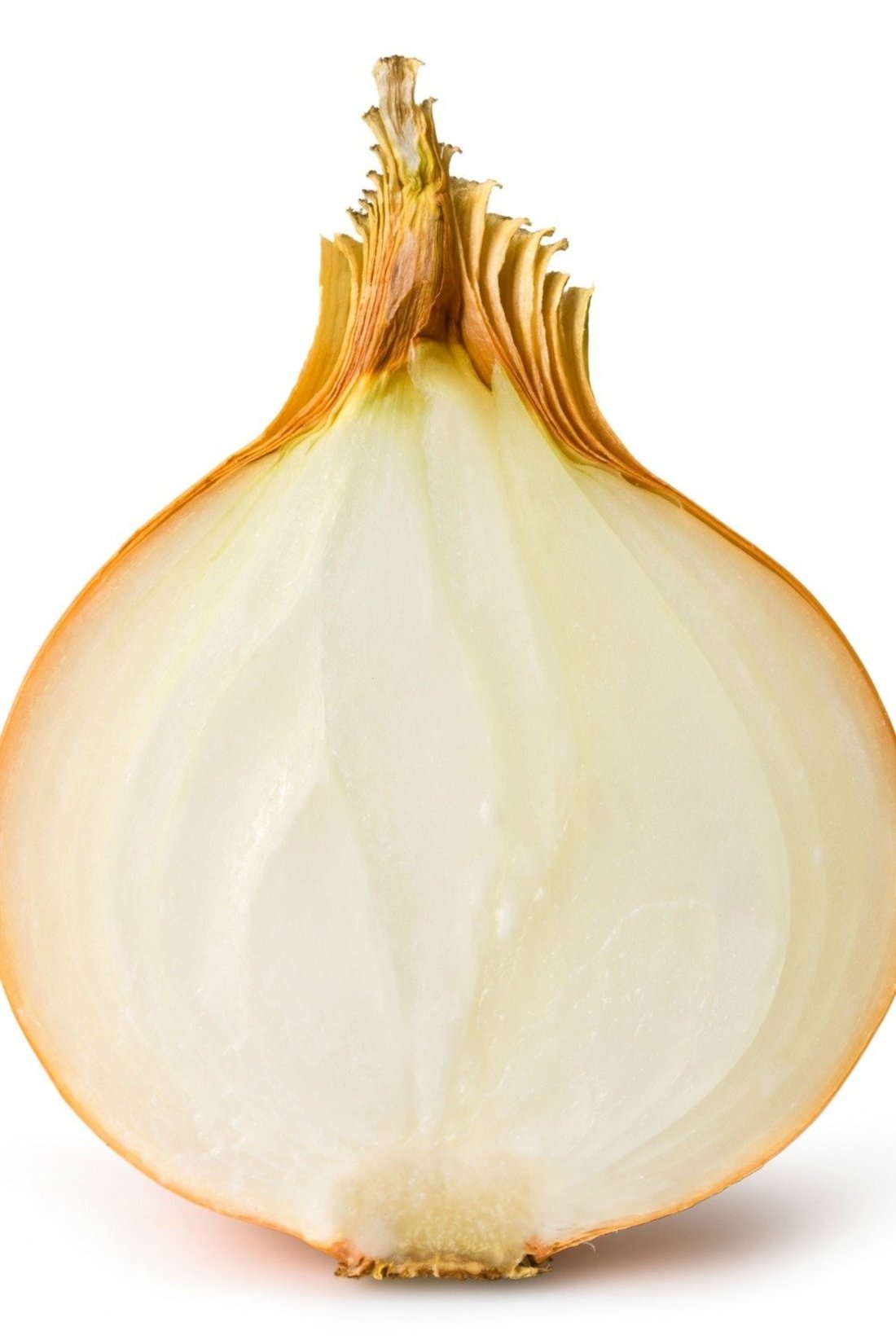
You use onions in your cooking, right? If you don't and you're a nursing mom, you should. Onions can potentially help improve milk flow as well as possibly help prevent infection in the mammary glands, like the dreaded mastitis.
Garlic seems to make babies stay on the breast longer.
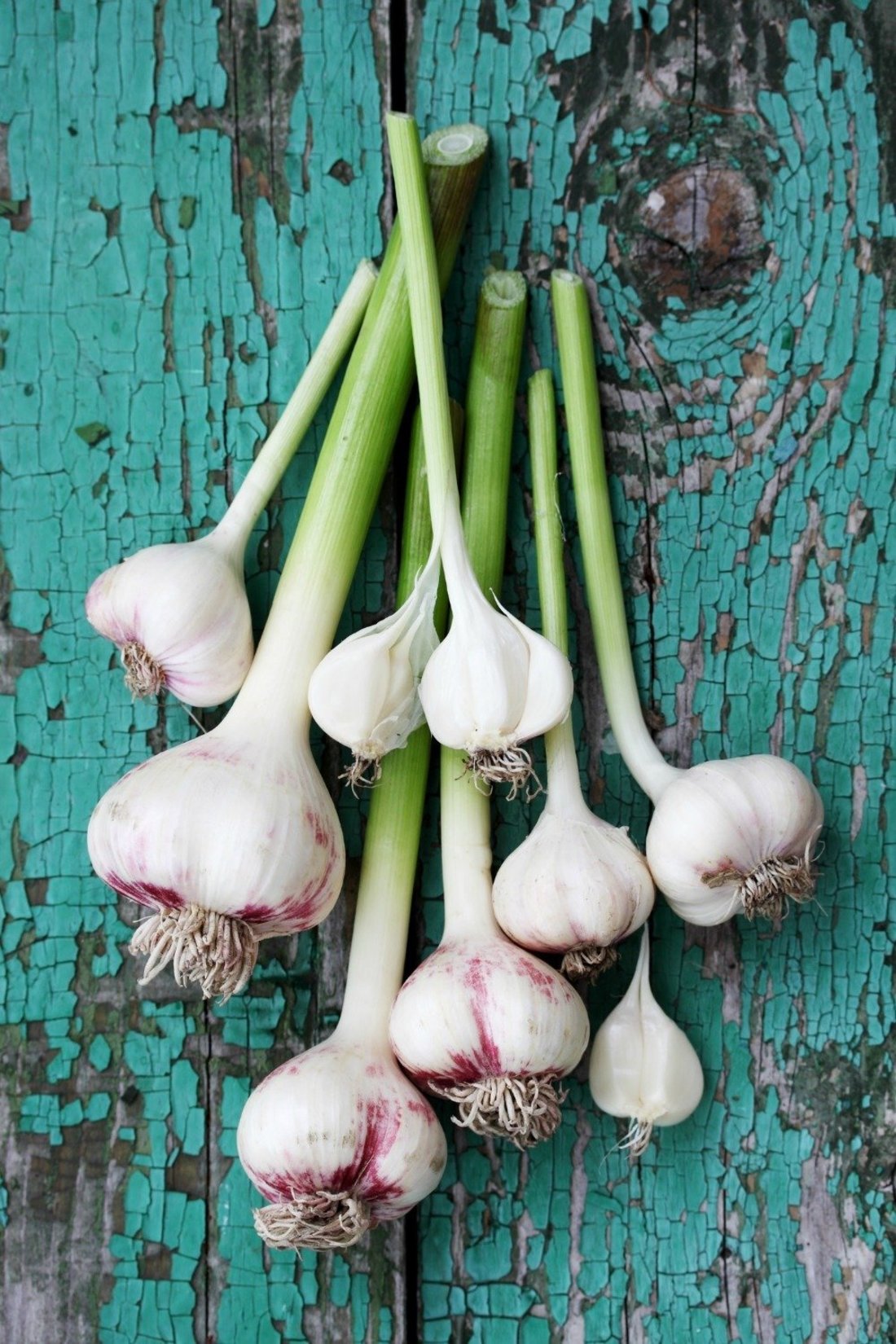
Garlic is another food that has long been known as something of a cure-all, but studies have actually shown that babies whose mothers regularly consumed garlic stayed at the breast longer. Since more stimulation and more milk removal equal increased milk production, it's a no-brainer.
Nurse more frequently.

Some babies are used to taking in only a certain amount and will not nurse any longer per session despite a mother's efforts, but those babies are likely to nurse more if you sneak in more nursing sessions. So instead of breastfeeding every three hours, do it every two or every one and a half. You can even breastfeed both immediately after your baby wakes from a sleep session and just before you put your baby to sleep.
Enjoy spinach and other leafy greens.
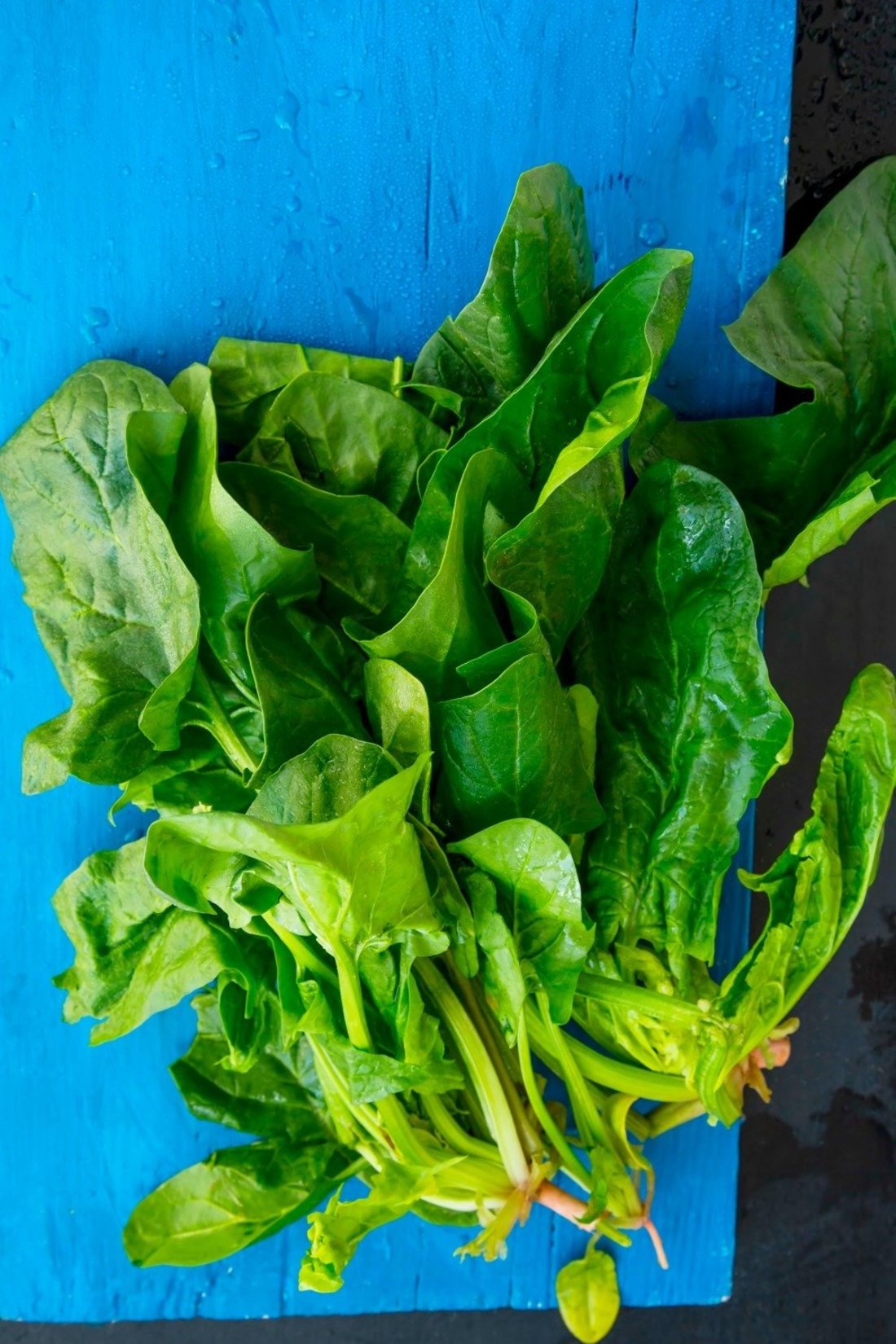
Leafy greens—particularly spinach—have tons of nutritional properties that are beneficial for breast milk production. Making them a regular part of your diet can help ensure that you produce sufficiently. Since spinach has lots of iron, it in particular can help moms who suffer from anemia and consequently decreased milk production.
Whole grains can help.
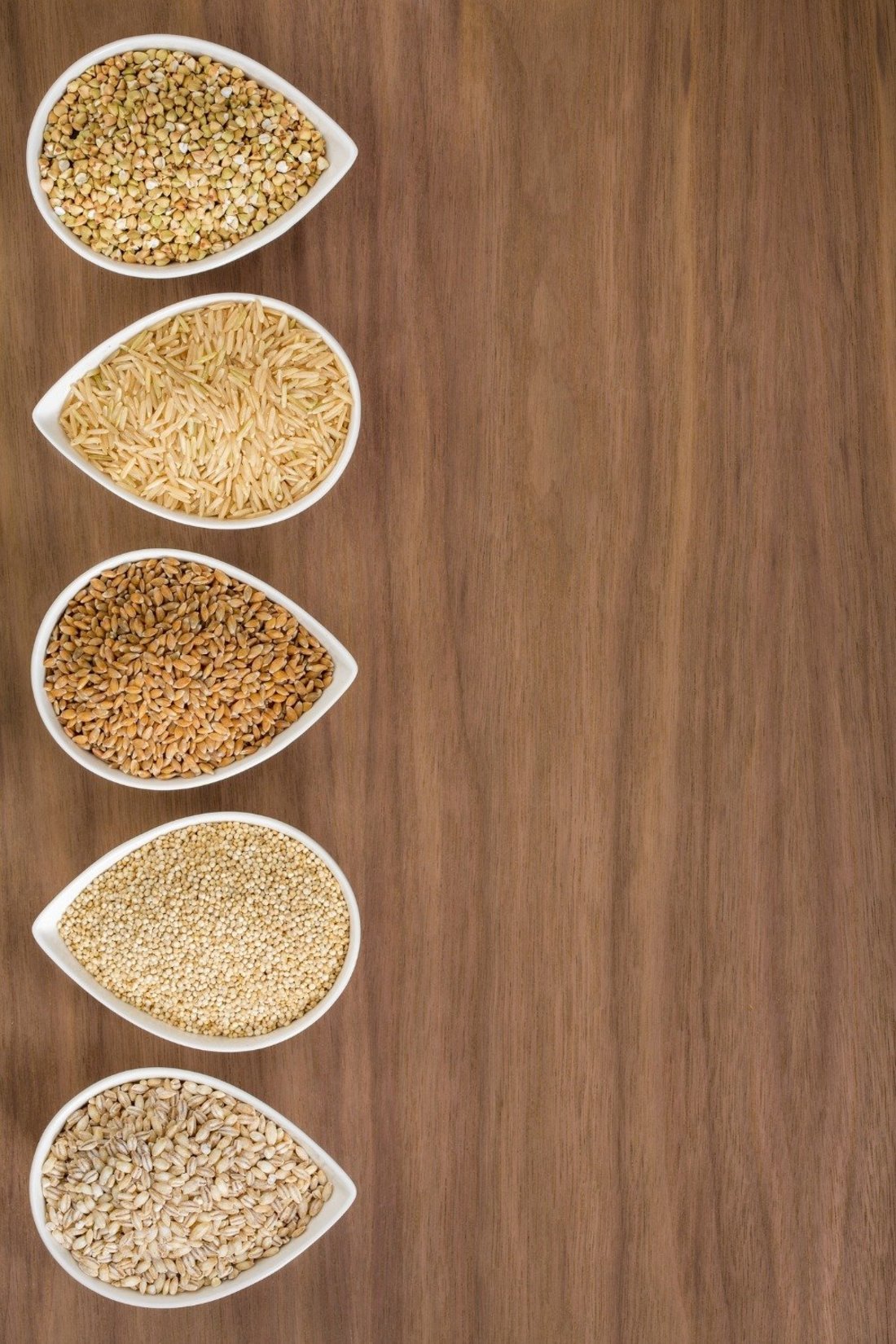
Healthy whole grains like brown rice and quinoa can help with breast milk production for a number of reasons. When you're breastfeeding, you need to consume plenty of calories to give your body energy to make milk, and whole grains are a healthy way to do so. They also contain a decent amount of plant-based proteins, which help make milk.
Malta seems to have some magical powers.

Your abuelita might be the first to tell you to drink malta every day to help your milk supply, or your girlfriend whose abuelita told her. Malta is really mostly sugar, but whether it's from the caloric boost or the malt itself, many women notice a difference when they drink it.
Skin-on-skin contact helps produce hormones.

The benefits of skin-to-skin contact with your baby do not end when you leave the hospital or birthing room. Engaging in a bit of skin-to-skin with your baby daily will help produce more of the hormones that are essentially for milk production and ejection, as well as boost your feel-good endorphins.
Brewer's yeast can be mixed into your smoothies.
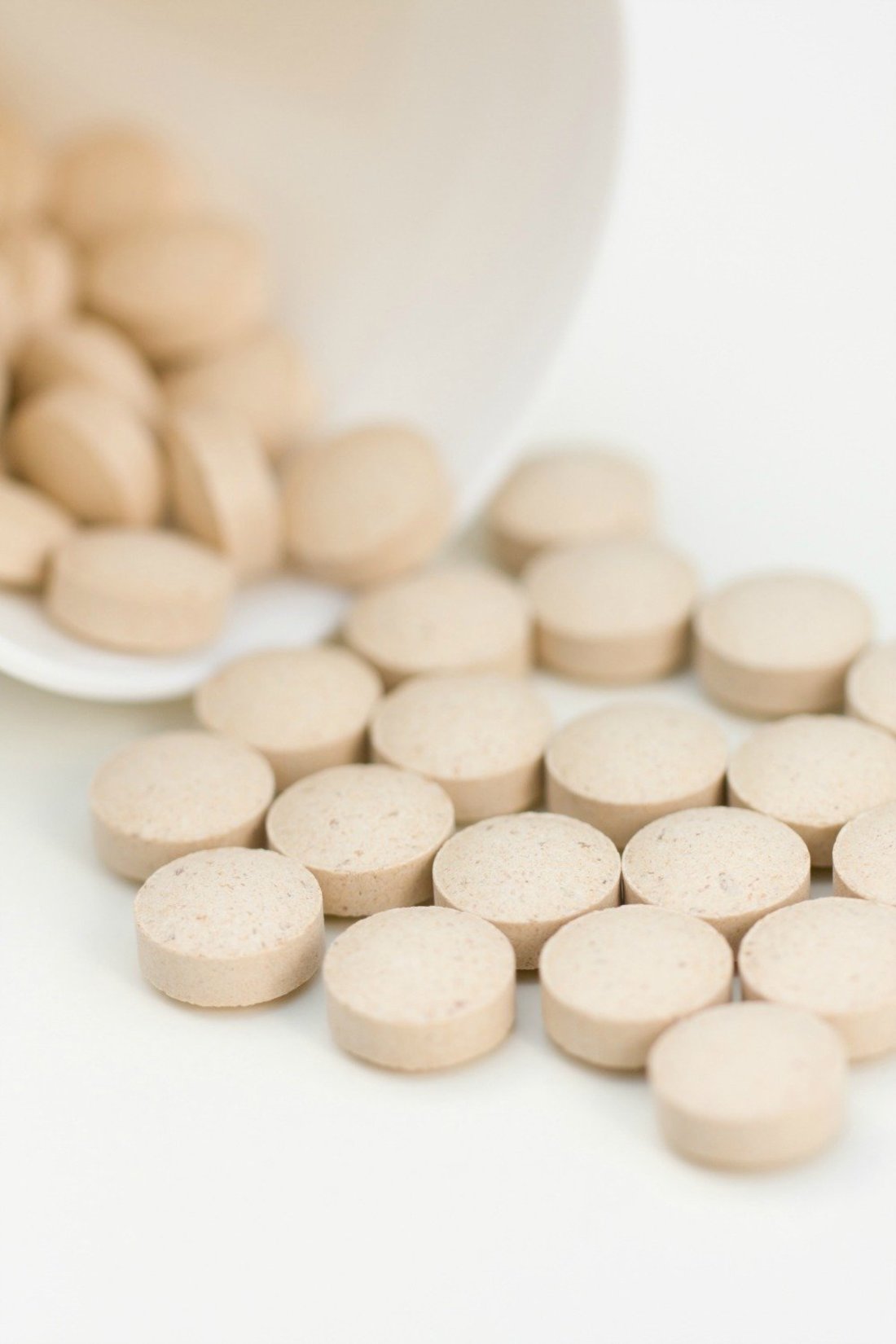
Brewer's yeast might have something to do with why malta works. It's a protein-rich yeast variety that is used in most store-bought and homemade lactation cookies, but it can also be mixed into smoothies and oatmeal. In addition to the protein, it's a good source of B vitamins, and it's also a probiotic.
Some women opt for a dark beer a day.
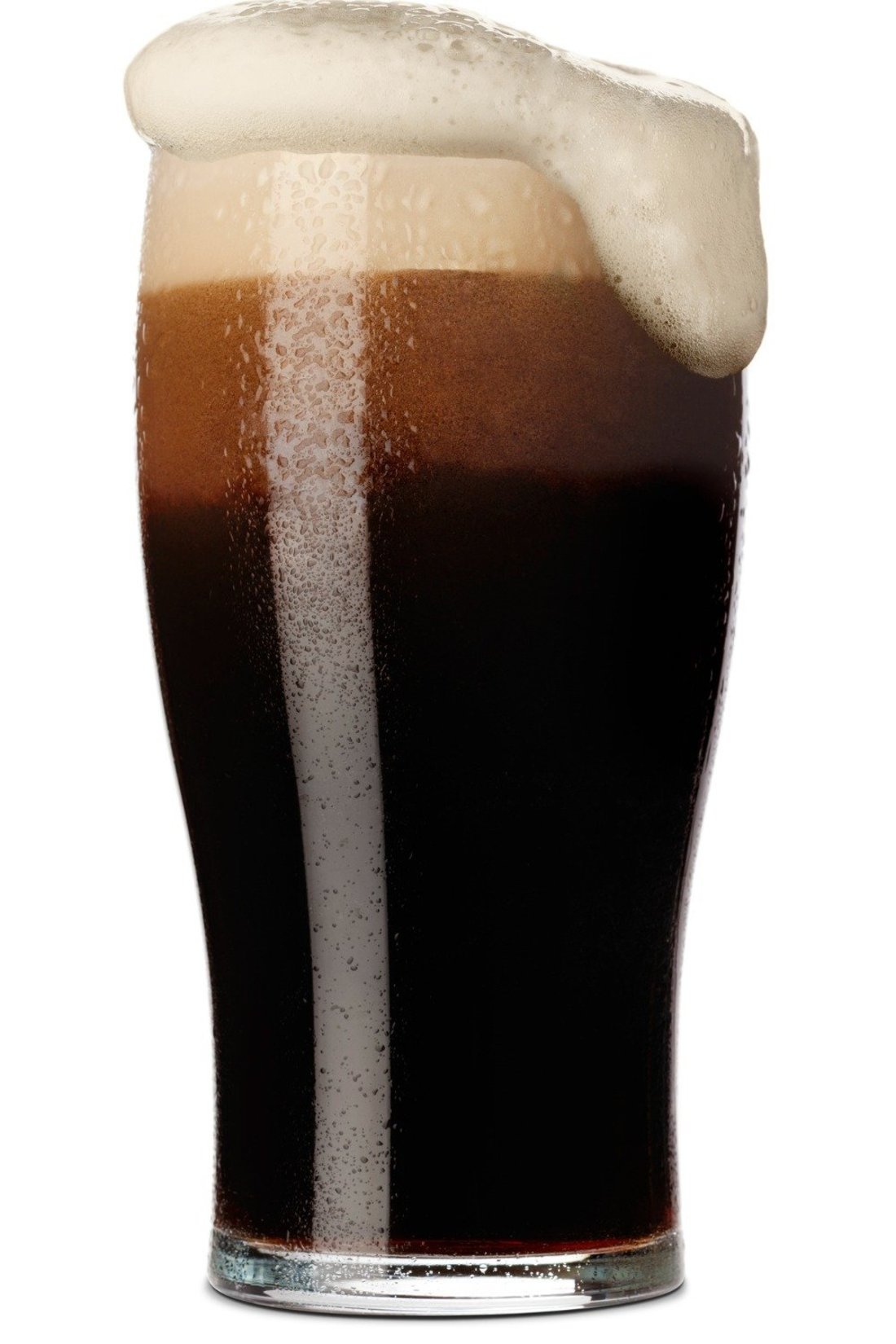
A dark beer a day keeps the lactation consultant away. No, just kidding. But drinking dark beer has long been a recommendation for moms trying to increase milk production. Maybe it's the brewer's yeast, or maybe it's just because it'll help you relax, since stress can actually decrease milk supply.
Dried apricots are a tasty snack.
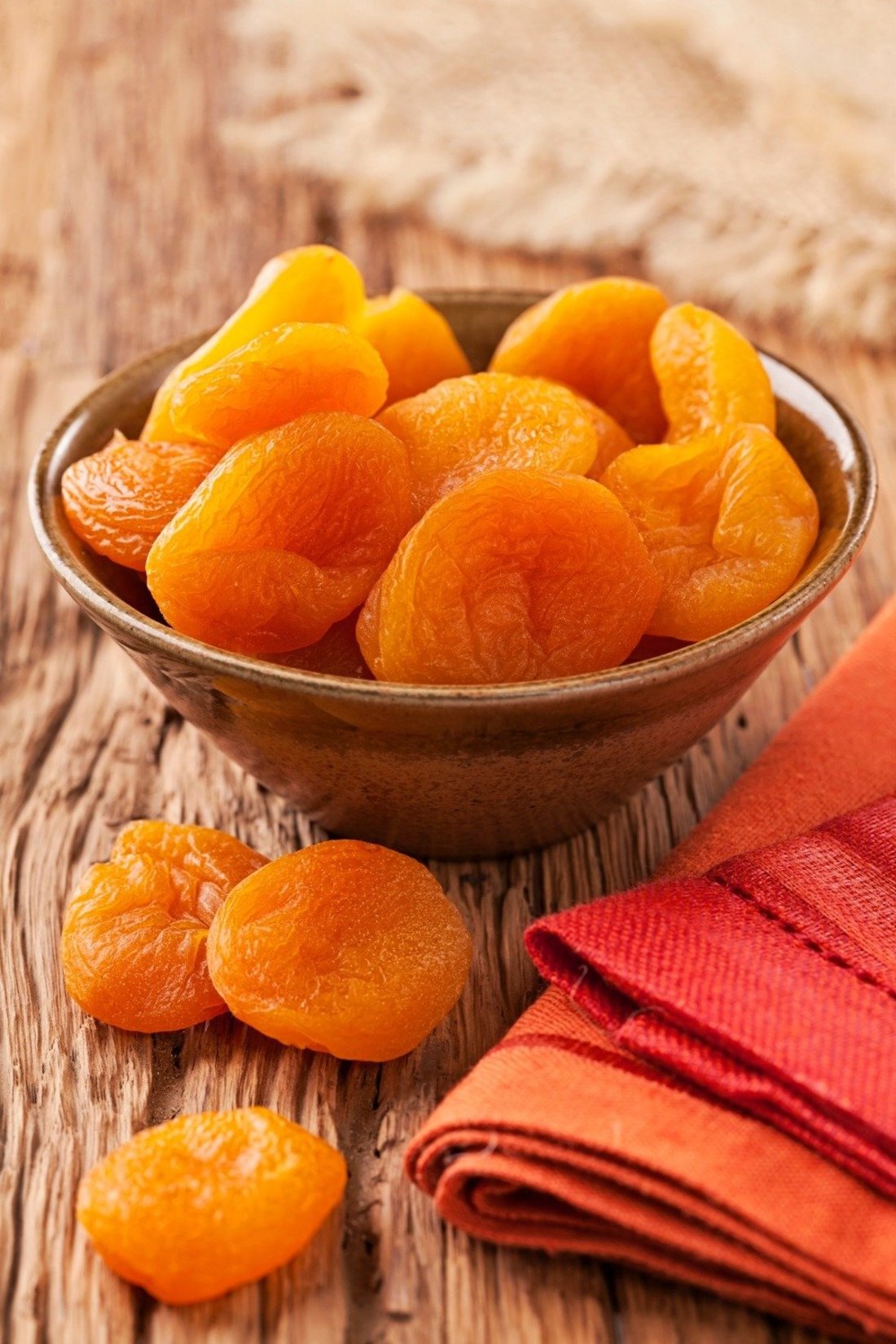
Dried apricots are said to help balance hormones and are full of fiber and calcium, all of which make them an excellent snack for breastfeeding mothers trying to increase milk supply.
Water is crucial.

Hydration—just as in pregnancy—is absolutely crucial when you're breastfeeding. You need it to feel your best, but breast milk is made of water, so it's doubly important when you're nursing to keep the milk flowing and to keep the quality of the milk high.
Green papaya has an enzyme that is believed to help.
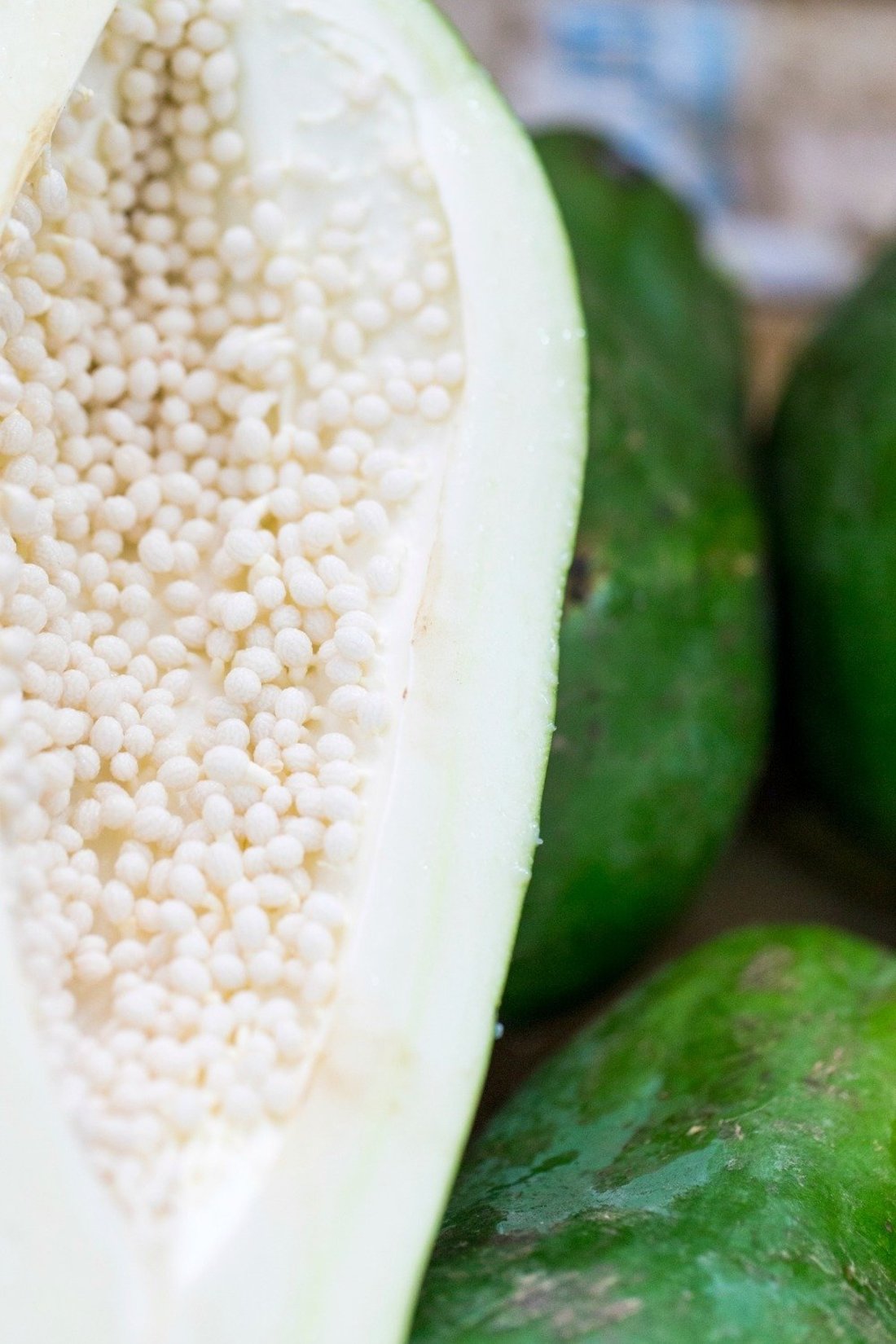
In many cultures unripened or green papaya is used to increase breast milk production. It might seem strange to eat the fruit before it's sweet, but there's a certain enzyme in the green version that stimulates milk production. Try blending it into a smoothie or shaving it into a salad.
Flaxseed oil can be beneficial.
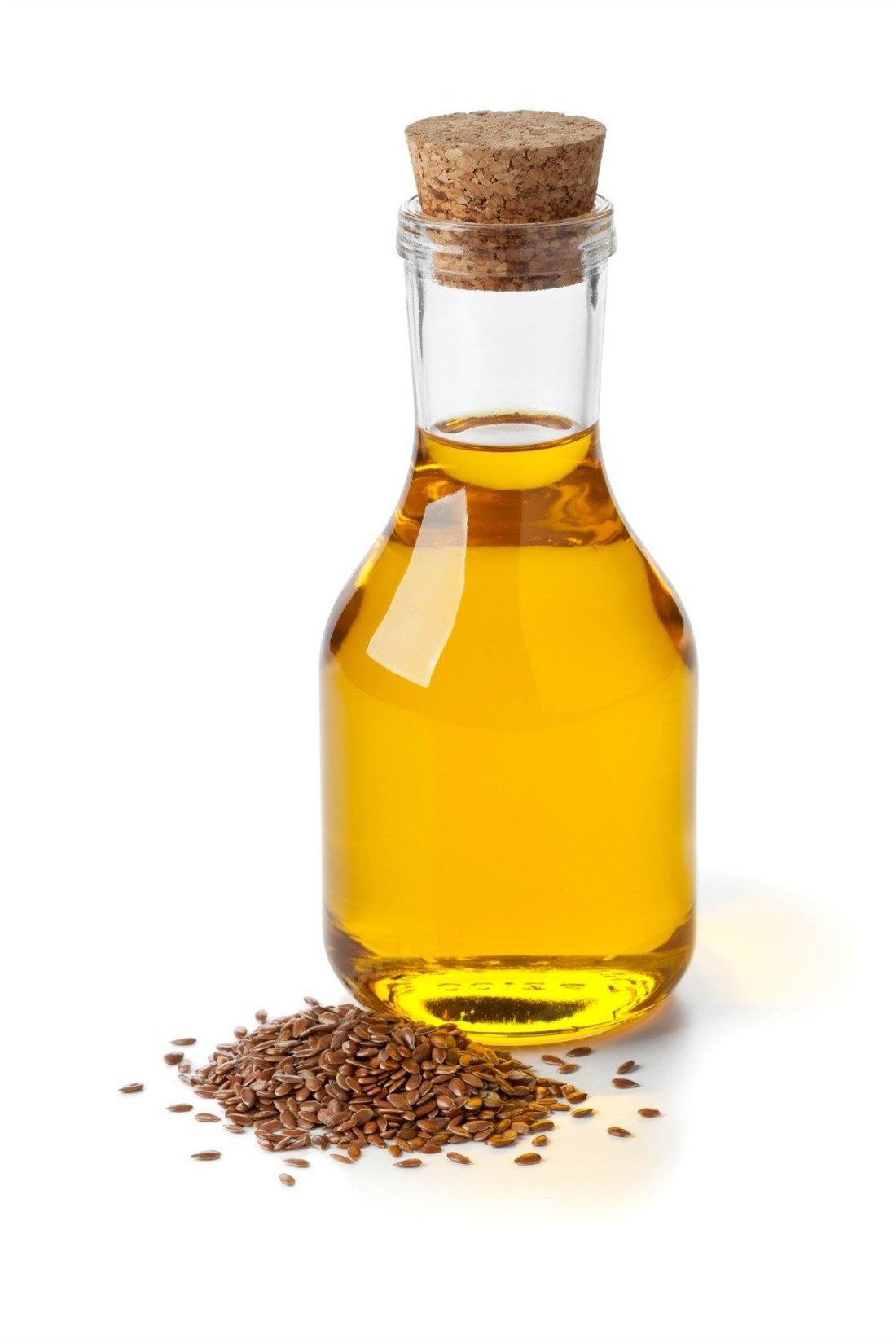
Flaxseed oil and other healthy fats, like avocado and coconut oils, can be beneficial when trying to increase breast milk supply because of the essential fatty acids they contain. And like I said, you need plenty of calories from healthy sources to keep up milk production. Ground flaxseed also works and can be added to baked goods, smoothies, and oatmeal.
Try moringa in capsule form.
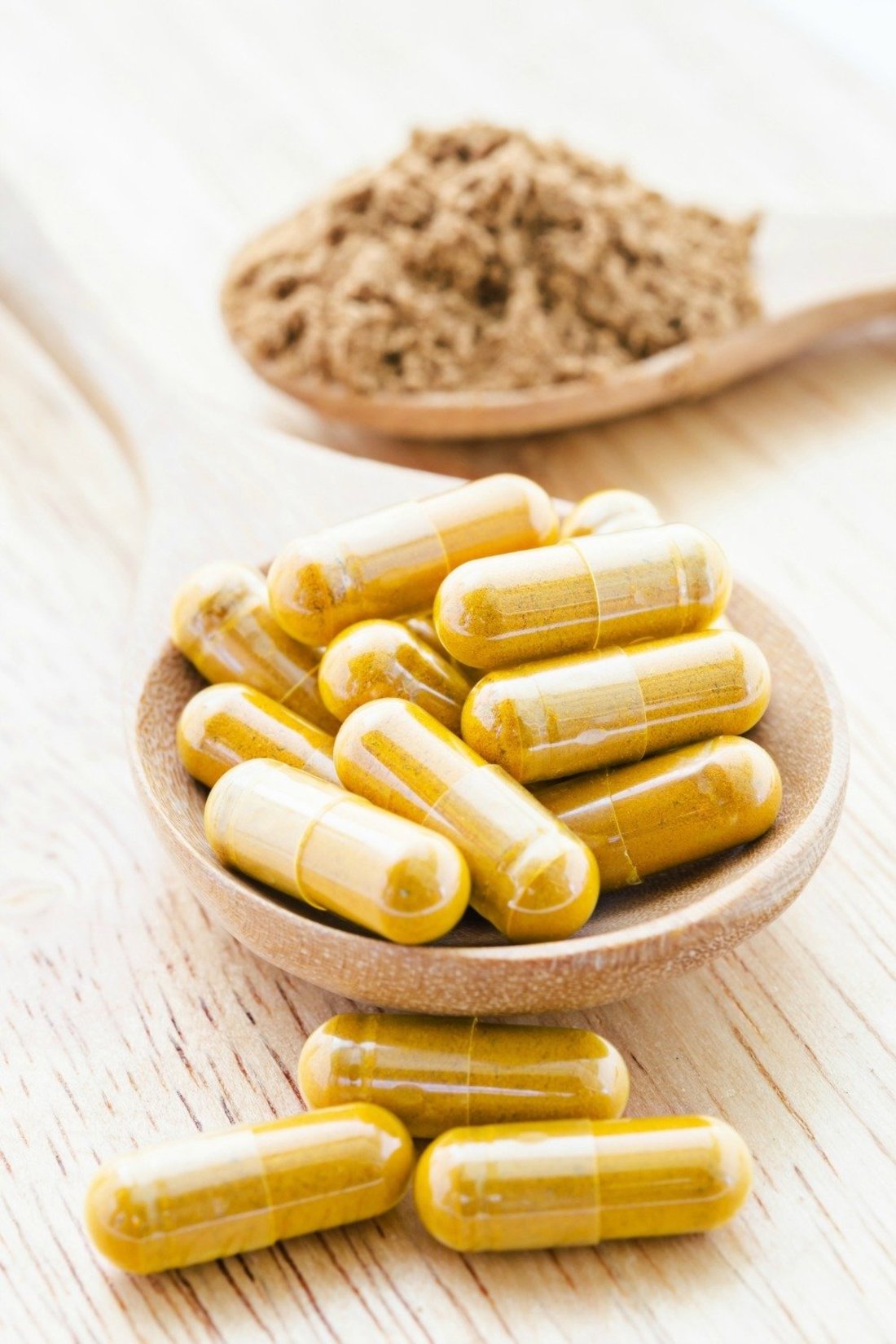
Daily supplementation with high dosages of moringa—a superfood grown in many warm-weather climates—really made a huge impact on my own breast milk production. It can be purchased in capsule form but can also be found in teas and powders.
Carrots are champs.
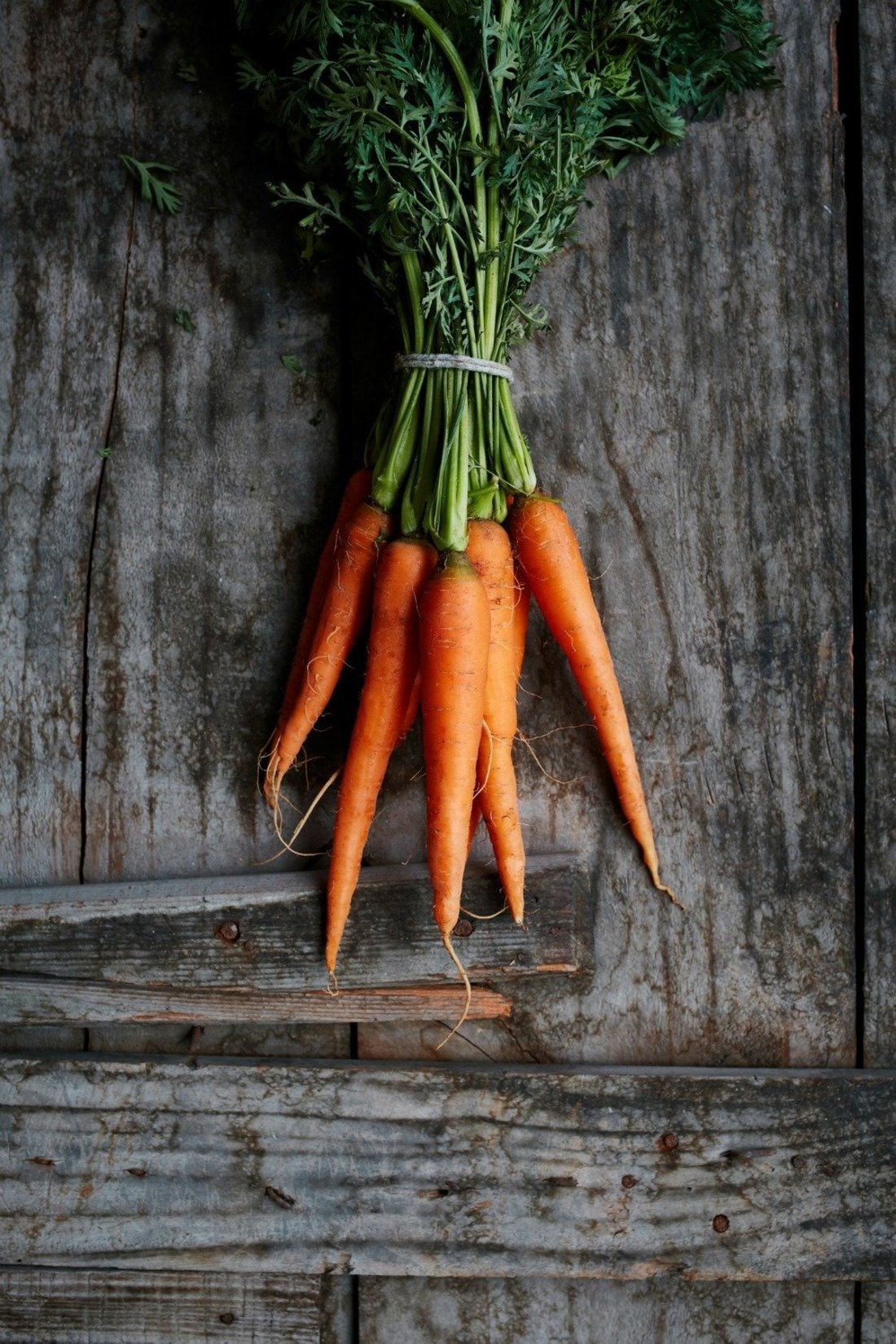
Carrots are packed with essential vitamins and minerals that are important for overall health, which is incredibly important for breast milk production. It's suggested that breastfeeding mothers make carrots a regular part of their diet to aid in milk production. They can be eaten raw, cooked, or juiced for maximum benefit.
Do your best to de-stress.

When you think you're not producing enough breast milk for your baby, you worry, and worry equals stress. But stress itself can decrease your milk supply. It's essential to find ways to minimize stress. For some it's meditation or prayer; for others it could be reading or listening to music. Take some time—even a few minutes—to re-center yourself and eliminate some stress.
Eat plenty of healthy snacks.
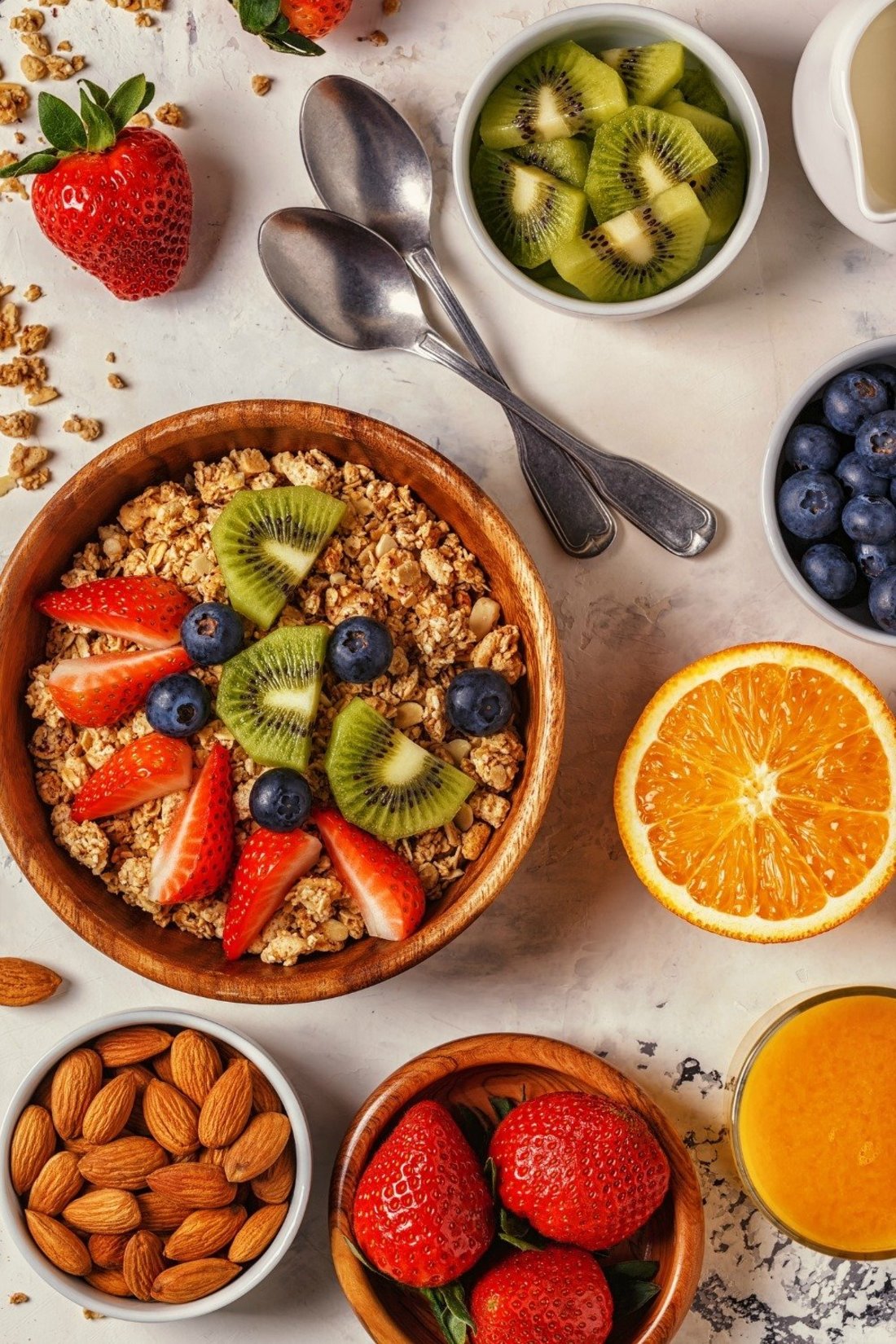
It's important to keep your body fueled and your blood sugar stable when you're breastfeeding, but many moms get so busy and consumed by infant care that they forget to eat. Make sure you eat a variety of nutritious snacks, including healthy fats, at regular intervals throughout the day. Start with some of the foods mentioned in this gallery.
Stop worrying about your weight

Women have always been concerned with losing the baby weight, but today's "snapback" culture makes it even harder. But jumping into an intense exercise regimen or a strict diet too soon could negatively impact your breast milk supply. That doesn't mean you shouldn't be mindful of what you eat or that you should be sedentary, but rather that you should focus less on weight loss and more on overall wellness.
Ditch the bobo.
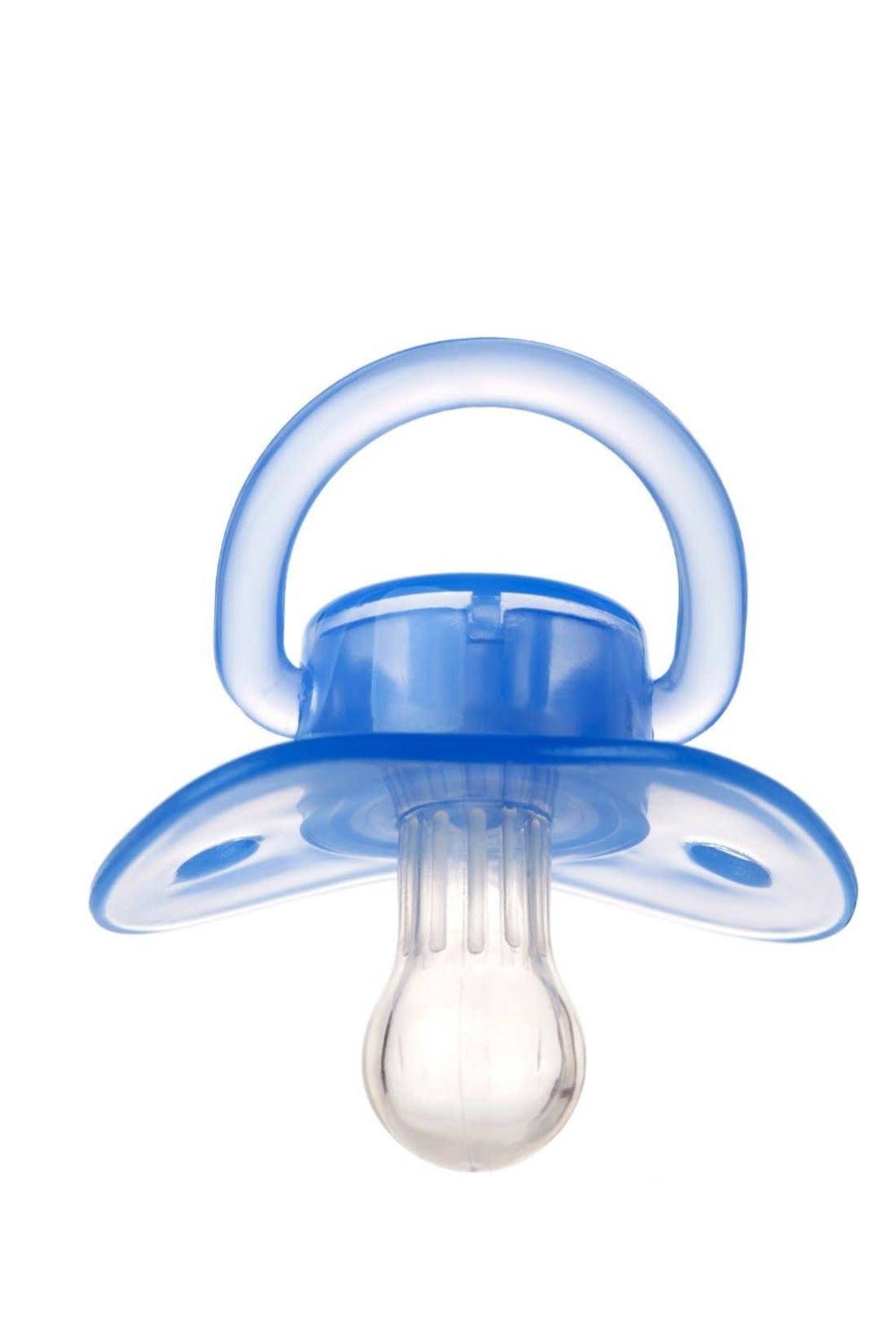
Pacifiers are not inherently bad. Some babies can use them without any effect on breastfeeding. However, for others, they can reduce hunger as well as cause babies to sleep through feedings. Since that means the baby drinks less milk, it can also mean decreased supply.
Get help.

An international board certified lactation consultant can help you figure out a variety of causes for low milk supply as well as come up with a plan to fix any issues. Many even accept insurance these days and are just a phone call or email away.





